Main Menu

Heather Anderson is a National Geographic Adventurer of the Year, three-time Triple Crown thru-hiker, and professional speaker whose mission is to inspire others to “Dream Big, Be Courageous.” She is also the author of two hiking memoirs Thirst: 2600 Miles to Home and Mud, Rocks, Blazes: Letting Go on the Appalachian Trail and a preparatory guide to long-distance hiking Adventure Ready. Find her on Instagram @_WordsFromTheWild_ or her website wordsfromthewild.net
Share This Article!
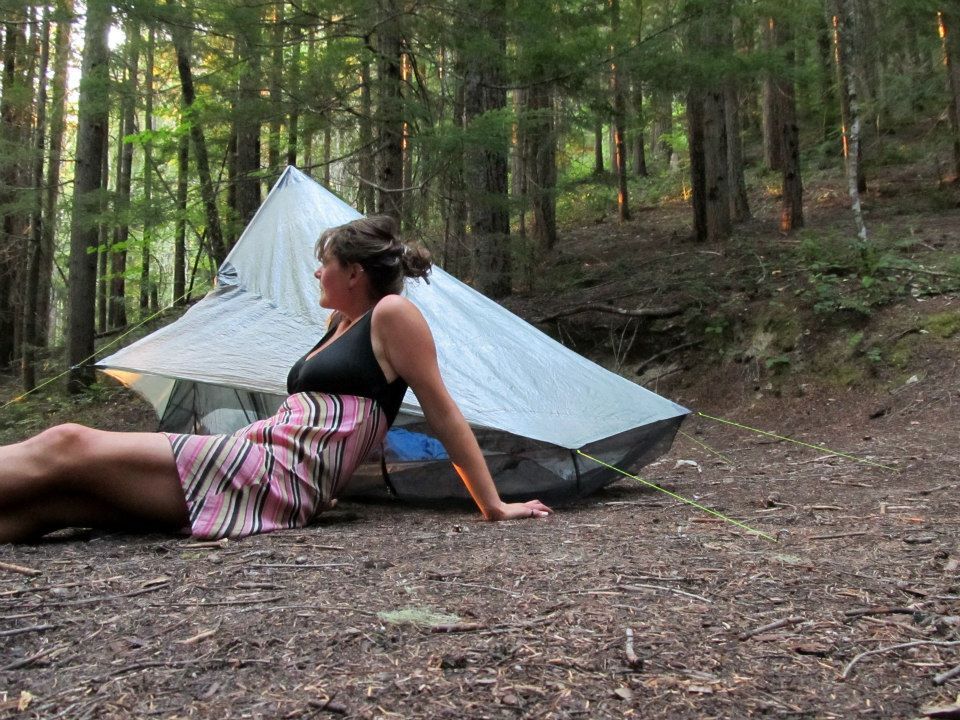

By: Heather Anderson
Fear of camping alone is one of the top 5 concerns people just starting out backpacking tend to have. It’s a reasonable apprehension since we are most vulnerable when we sleep. Objectively, the idea of putting ourselves in this vulnerable position with nothing more than a wispy layer of fabric between us and the unknown dangers lurking in the woods seems like an absolutely stupid idea: Of course, it’s dangerous! You’re asleep on the ground in the wilderness just asking to get eaten!
When I started out hiking, my first few nights alone in the backcountry resulted in little sleep. Every sound was a marauding bear (actually, deer). Every time the tent flapped in the breeze, I was certain it was a mountain lion sniffing me out. Over the years I’ve become as comfortable (maybe more so!) sleeping in my tent than inside a building regardless of whether I’m alone or not. So, how do you get from panicked non-sleep to solid rest?
Here are my tips based on my experience. These may not all work for you, but it gives you some ideas on how to start!
Desensitization. Nearly all fears stem from the fear of the unknown. The more familiar you become with the situation, the less fearful you become. Desensitization can also actually enhance your fear instinct by calming your overreactive fear mechanism so that when something is truly dangerous you can differentiate it from the irrational panic.
Start by camping with friends or a partner, preferably in places you know. This can be a backyard, a car campground, or a hike you’ve done many times. After this becomes comfortable and easy, start camping with others in places you don’t know or unfamiliar settings. This can be along new trails, but also in different environments. If you always camp near water sources, camp dry. If you usually camp in forested areas, try more open terrain and so on.
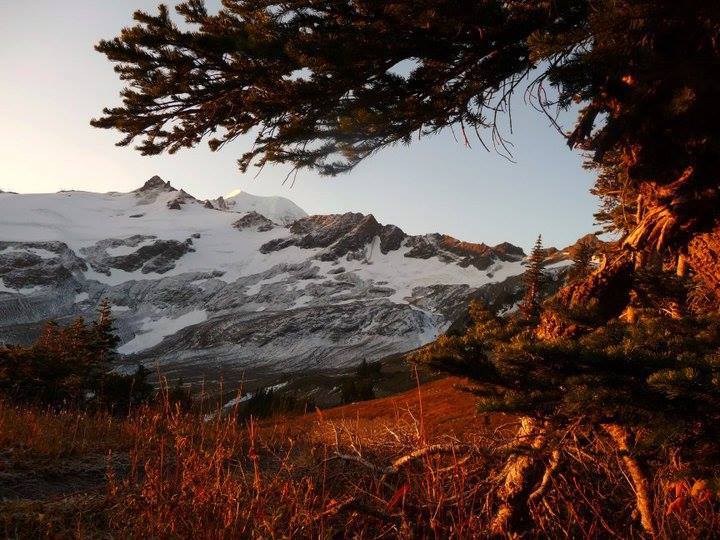
Repeat this known camping to unknown camping progression again, this time with only one other person. Make sure they are sleeping in a separate tent. This might be weird if it’s your significant other, but it will get you used to occupying a tent by yourself with the comfort of someone nearby. Don’t be surprised if the number of trips it takes to get comfortable in this situation is dramatically more than the first round! Stick with it.
I’m sure you guessed what’s next. Repeat again. By yourself. This might mean you camp in your backyard 15 times before you even move to a backcountry site, but just keep repeating. The more you do something the more you create solid memory. In this case, the memory that sleeping in a tent alone is safe.
Comfort. Early on in my hiking career I made the mistake of falling into the minimalist, ultralight backpacking mindset at the expense of the practical. It took me thousands of miles and many years of hiking to realize that a micro-thin foam pad and summer sleeping bag weren’t adequate for this cold, side sleeper. And, as someone who sleeps with no less than 2 pillows at home (sometimes 3) a wadded-up pile of stinky hiking clothes was not adequate for my head and neck. Now, I’m not recommending carrying your inflatable queen mattress and 3 pillows into the woods, but I do want you to do what you’ve got to do to be comfortable when you sleep. If you wake up multiple times in the night with sore hips (like I did) get a cushier pad. If you sleep cold, don’t skimp on the sleeping bag rating, even if it means adding a few ounces.
A good night’s sleep in the backcountry is not only important for enjoyment, it’s imperative to safety. Improper sleep messes with your body’s ability to synthesize protein for recovery, impairs your immune system, and impacts cognition. After a sleepless night your decision making, processing, and judgment all suffer. On a hike, this can lead to a quick domino of scenarios that could end in injury or even death. See the Trail Sisters article I wrote for May 2020 on Backpacking Safety and Awareness.
Behavioral Shifts. If you’ve tried desensitization and have a comfortable sleep set-up, but still can’t sleep, look deeper into what is keeping you awake. For me it was primarily location-based and I made adjustments to the places I camp which solved the problem (below). Others I know simply have to exhaust themselves (no camping early!) or drink a nice cup of chamomile tea before bed.
If you have pre-sleep rituals at home such as meditation, yoga, reading, etc. it may help you to incorporate those as best you can into your backcountry camping as well. Your brain often relies on activity triggers to signify it’s time to settle down to sleep so repeating your ingrained habits can signal to your body that it’s bedtime.
Blue light is also a sleep disruptor, so if you’re having issues with being tired enough—especially since hiker midnight is about 9pm—resist the urge to watch TV or scroll through maps on your phone to kill the time. Look at paper maps or read a book instead, especially if your headlamp has a red or green light setting.
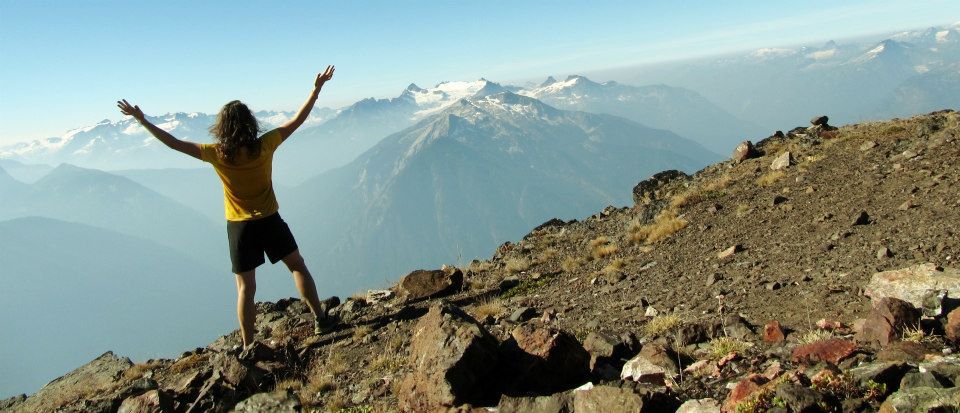
In my case, despite successful desensitization, the sound of rustling outside my tent at night always snaps me awake. I typically fall right back asleep now, but to keep my sleep from getting interrupted many times per night I now sleep with earplugs. If something large enough to be worrisome shows up, I know I will wake up (trust me, it’s happened).
I also know that camping by rushing water puts my primitive alert system into overdrive. I suspect because I can’t hear every movement in the woods my brain gets extra anxious. So, I never camp near creeks.
Lastly, while I feel confident that by choosing campsites away from water, game trails, obvious animal beds, scat, scraps, etc., I’ll be safe from the majority of wild animals, but I still worry about humans. Therefore, I always camp out of sight of the trail and nowhere near roads or other obvious human habituated areas (like “party spots”). This gives me the peace of mind that no one will find me while I’m asleep.
By examining your own behaviors and responses you can find creative solutions that will help you achieve a good night’s rest in the backcountry!
About the Author

Heather Anderson is a National Geographic Adventurer of the Year, three-time Triple Crown thru-hiker, and professional speaker whose mission is to inspire others to “Dream Big, Be Courageous.” She is also the author of two hiking memoirs Thirst: 2600 Miles to Home and Mud, Rocks, Blazes: Letting Go on the Appalachian Trail and a preparatory guide to long-distance hiking Adventure Ready. Find her on Instagram @_WordsFromTheWild_ or her website wordsfromthewild.net
Share This Article!


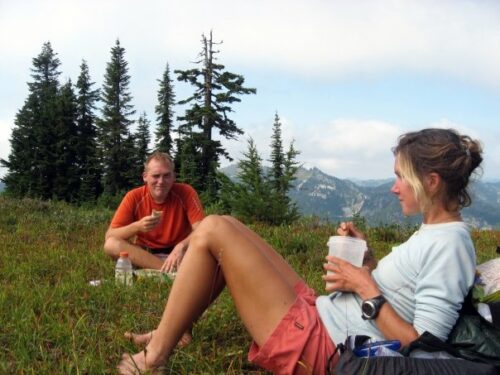


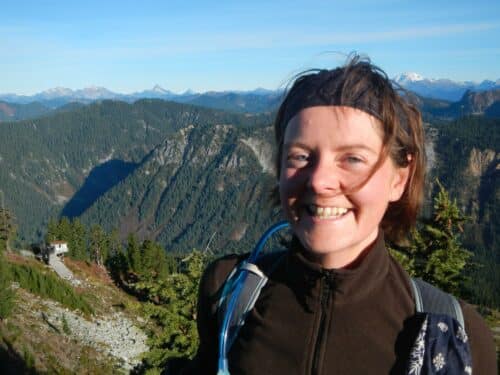

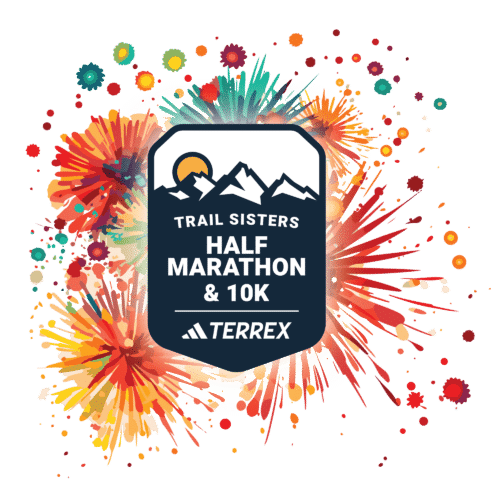
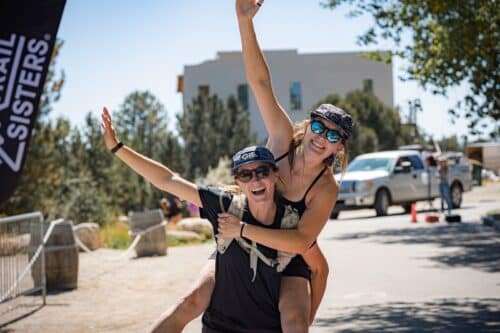

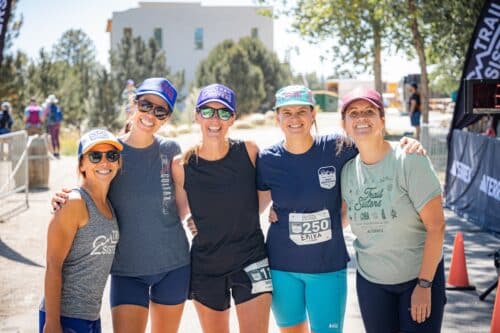
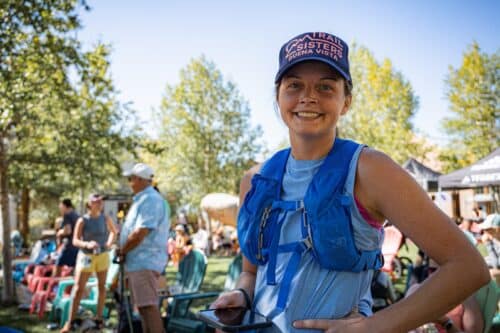
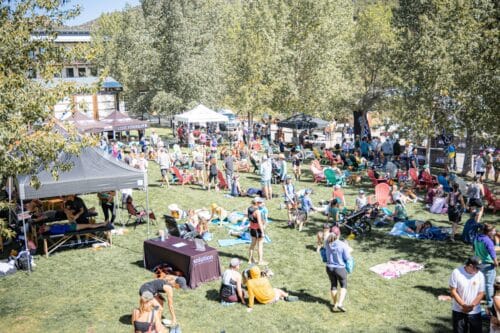
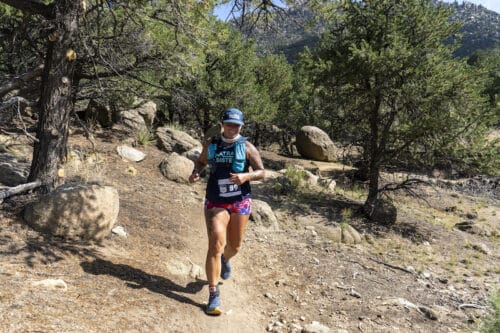
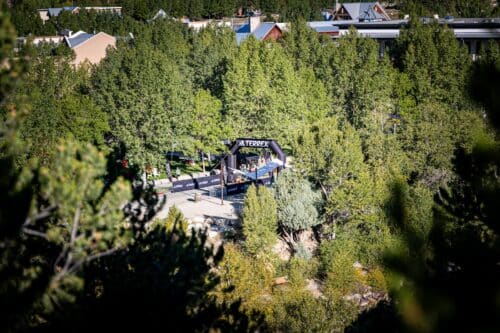


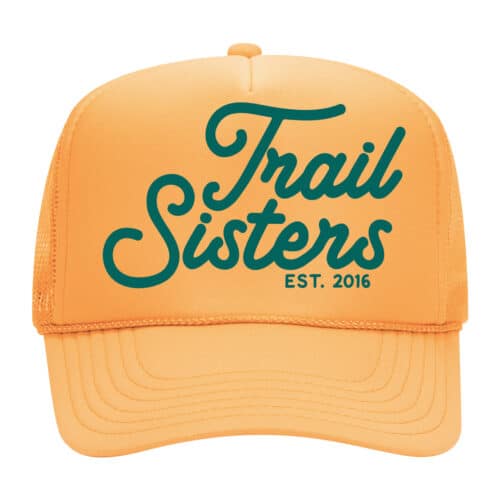
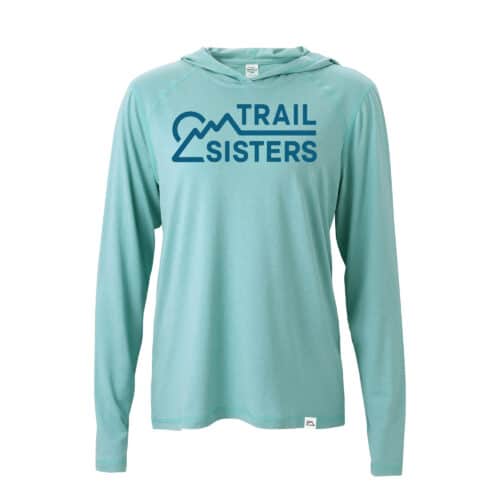
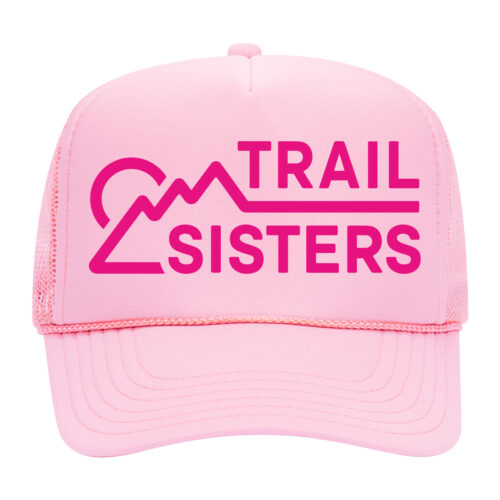
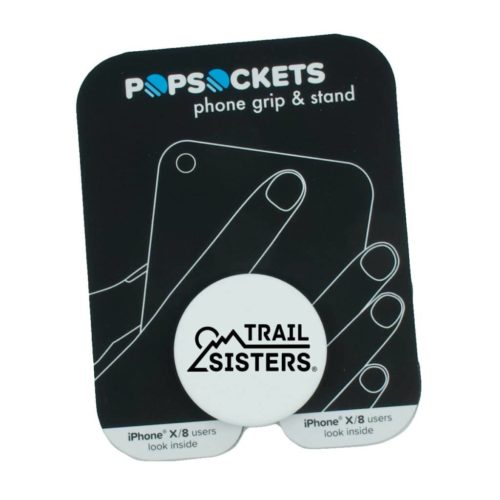

One Response
I never camp near creeks, because the constant running water makes me have to pee!